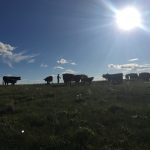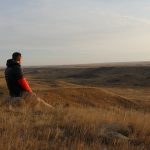For ranchers counting on boosting plant diversity through intensive rotational grazing, a recent study may yield disappointing results. Jessica Grenke, a PhD student at the University of Alberta’s department of biological sciences, found through an observational study that highly intensive rotational grazing does not benefit plant diversity more than less-intensive rotational grazing. “This is not […] Read more







